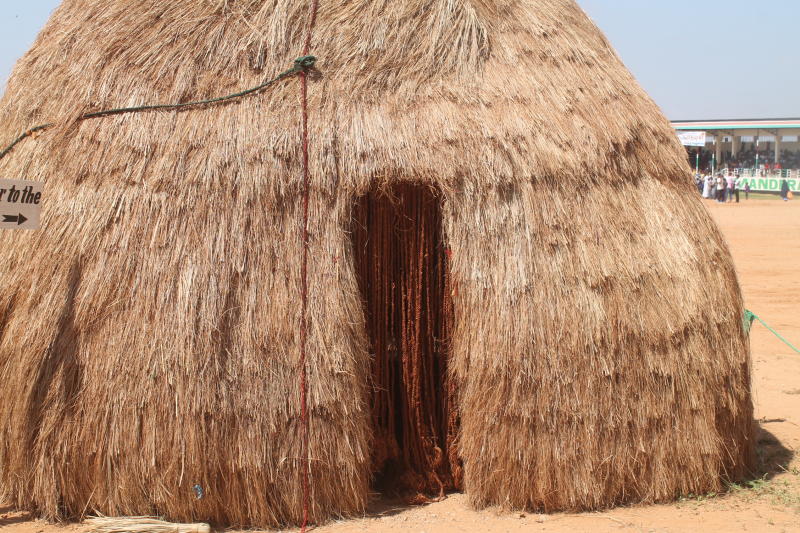×
The Standard e-Paper
Stay Informed, Even Offline

Somali culture fete in Mandera provided stage for community to celebrate age-old traditions in a region that has suffered scourge of terrorism.
A symbolic gesture that peace was taking root in Mandera County and the entire North Eastern region happened recently. A refurbished Moi Stadium that featured everything but grass literally pulsated with white gowns during the first Somali cultural festival.